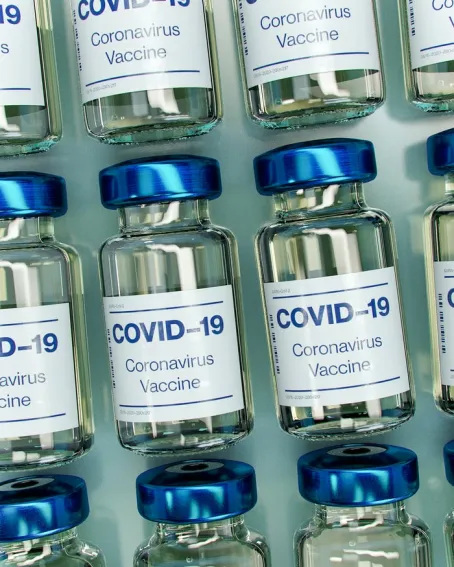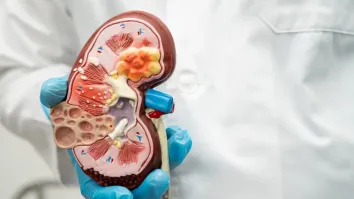
UN urges stronger COVAX support for APAC
The international organisation is calling for countries with surplus COVID-19 vaccine doses to donate to COVAX.
The United Nation’s (UN) refugee agency has urged for an “immediate and stronger support” for the global COVAX initiative for equitable access to COVID-19 vaccines, amidst vaccine shortages especially in the Asia-Pacific region, according to a news release.
Although Asia-Pacific countries host the vast majority of more than 80 million forcibly displaced people around the globe, they have benefited from only a fraction of the world’s COVID-19 innoculations, the United Nations High Commissioner for Refugees (UNHCR) said.
“UNHCR is adding its voice to the calls for countries with surplus doses to donate to COVAX, and for manufacturers to boost supplies to the COVAX facility”, said Mr. Mahecic.
Included in its regular budget, UNHCR’s total financial requirements for COVID include $455m in supplementary needs and $469m in COVID-related activities. To date, including projected contributions, UNHCR has received $252.8m or only 27% of these requirements.
Concern over the situation in the region continues to rise as the number of cases has surged to the largest increase globally. UNHCR stressed that the pandemic will only be defeated when vaccinations are available everywhere “on an equitable basis.”
Some 38 million COVID-19 cases have been recorded along with more than half a million deaths. “The lack of hospital beds, oxygen supplies, limited intensive care unit (ICU) capacities and scarce health facilities and services have worsened outcomes for those infected with COVID-19, particularly in India and Nepal,” said UNHCR spokesperson Andrej Mahecic.
Amidst overcrowded settings, limited water and lack of sanitation facilities, refugees remained at risk of COVID-19. Mahecic noted that there has been a rise in cases amongst refugees and asylum-seekers in Bangladesh, Nepal, Iran, Pakistan, Thailand, Malaysia and Indonesia.
Although some refugees, including in Nepal, have received their first jab with COVAX-provided supplies, not a single vaccine has been administered to Rohingya refugees in Bangladesh, rendering them susceptible to the virus, UNHCR noted.



















 Advertise
Advertise







